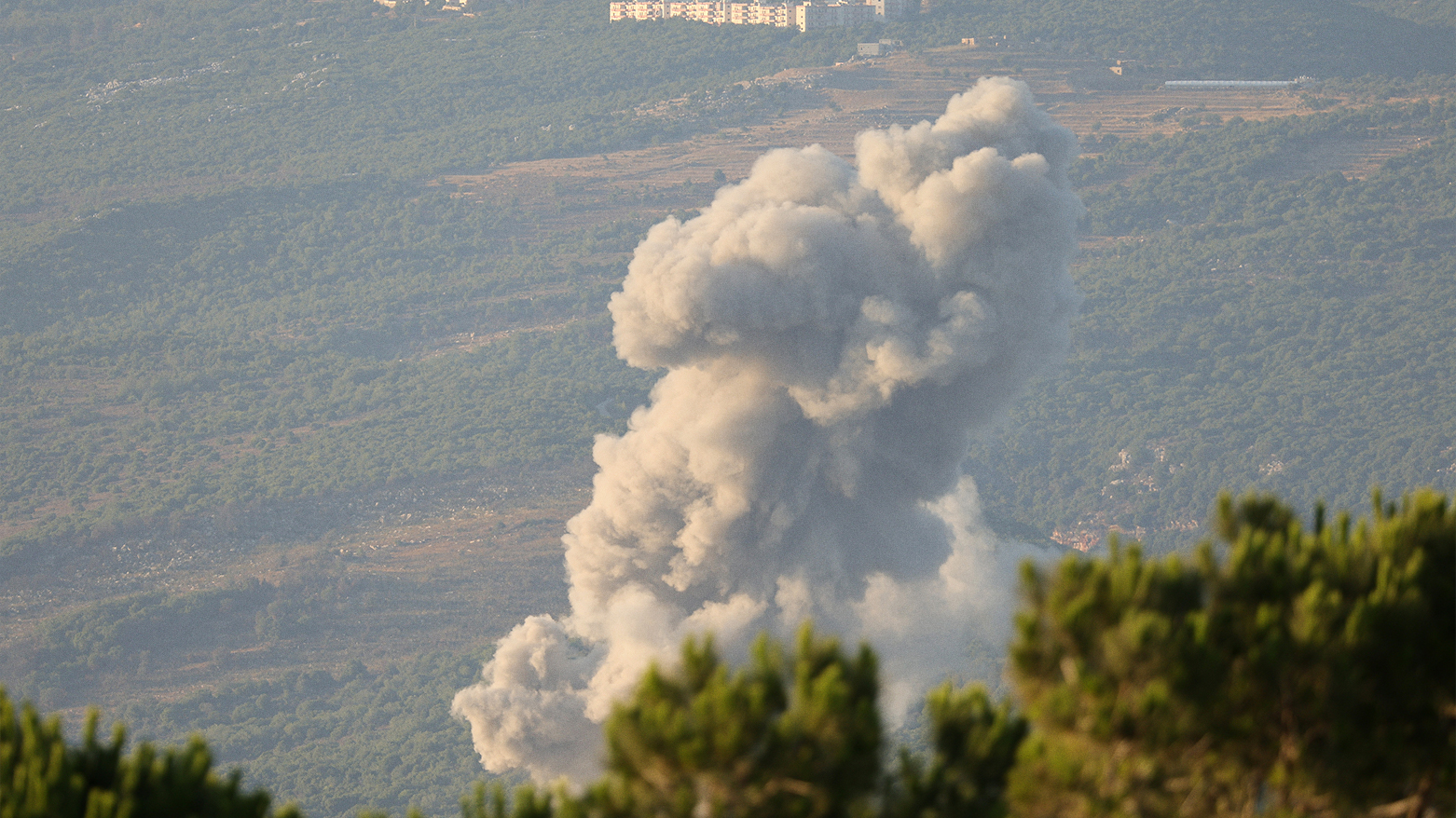Hezbollah Chief Vows No Surrender Despite Israeli Threats
Hezbollah’s Naim Qassem reaffirmed commitment to resist Israeli aggression, rejecting disarmament despite international pressure. He praised Iran’s Khamenei and condemned Israeli strikes. The group insists on maintaining military capabilities amid ongoing regional tensions and diplomatic efforts.

By Kamaran Aziz
ERBIL (Kurdistan24) — Hezbollah Secretary-General Naim Qassem reaffirmed the group’s commitment to resisting Israeli aggression during a speech on Sunday, emphasizing the political and military dimensions of the ongoing conflict. Speaking at an Ashura commemoration event, Qassem framed the resistance as a matter of national defense despite mounting regional and international pressure.
“We in Lebanon confront the Israeli enemy in defense of our country and our resistance. This defense will continue, even if the entire world—from beginning to end—were to unite against us, for we believe that liberation is a duty, no matter how long it takes or how many sacrifices it requires,” Qassem stated.
His remarks highlighted Hezbollah’s rejection of normalization with Israel, criticizing Israeli violations of ceasefire agreements and the continuation of military strikes in Lebanon.
Qassem also praised the leadership of Iran’s Supreme Leader Ayatollah Ali Khamenei, noting his role in sustaining regional resistance efforts. “Imam Khamenei… was keen on ensuring that the flame of resistance remained alive—progressive, innovative, and capable of altering strategic equations,” he said.
Qassem declared Hezbollah’s readiness to continue both peace efforts and armed defense, rejecting calls to disarm and insisting on maintaining military capabilities. “We refuse to live in Lebanon as if it were a large prison. We insist on living in a country that is free, dignified, sovereign, and resistant,” he said.
His speech comes as US envoy Tom Barrack was expected in Beirut on Monday to discuss Hezbollah’s role and the future of Lebanon’s security. According to a Lebanese official who spoke anonymously with AFP, Lebanese authorities are preparing to respond to Barrack’s request for Hezbollah to be disarmed by the end of the year.
Lebanese officials assert that they have been dismantling Hezbollah’s military infrastructure in southern Lebanon near the Israeli border. Meanwhile, Israel continues to carry out strikes within Lebanon despite a ceasefire agreement reached in November 2024, claiming to target Hezbollah positions and accusing Beirut of insufficient efforts to disarm the group.
Under the terms of the ceasefire, Hezbollah is expected to withdraw its fighters north of the Litani River, approximately 30 kilometers (20 miles) from the Israeli frontier. Israel was also required to withdraw its troops from Lebanon but has maintained deployments in five strategic locations.
Qassem’s address underscored Hezbollah’s political stance amid these tensions, reaffirming its position as a key actor in Lebanon’s complex security landscape. The group’s future, alongside Lebanon’s stability, remains a focal point of regional diplomacy and international concern.
